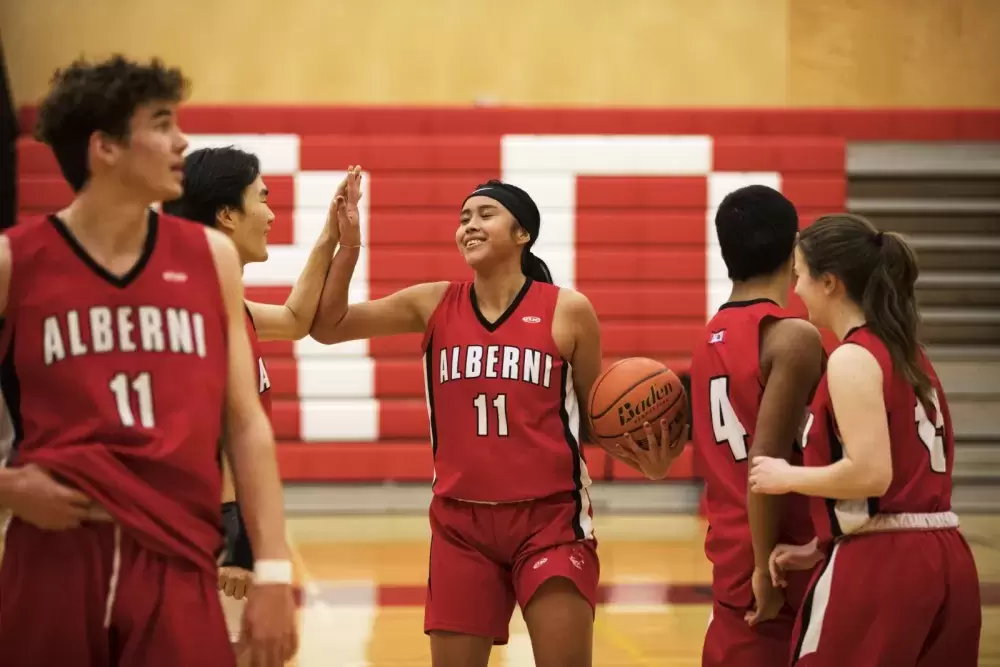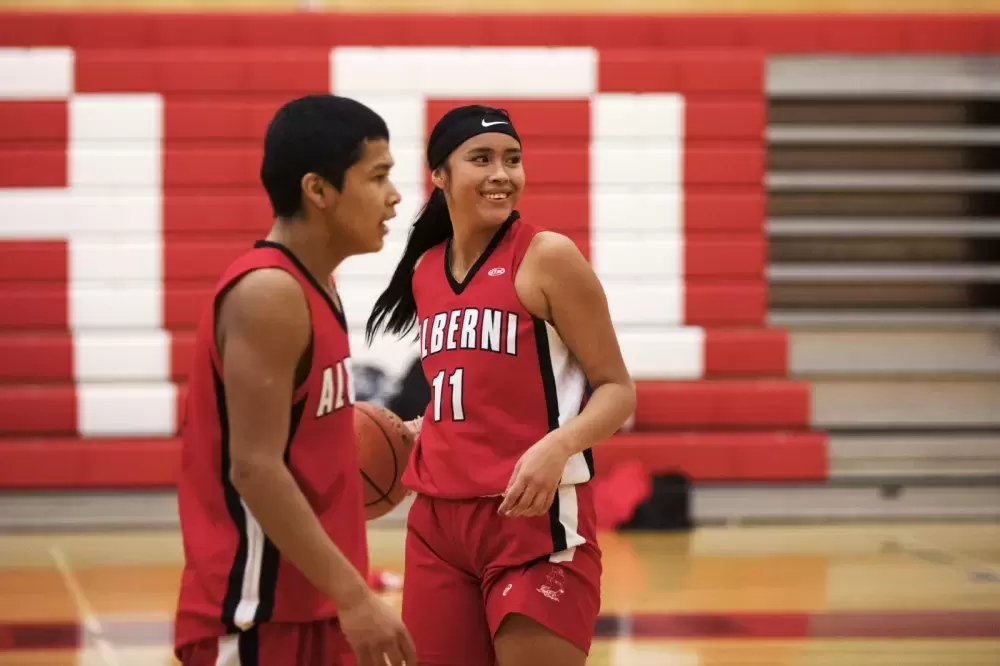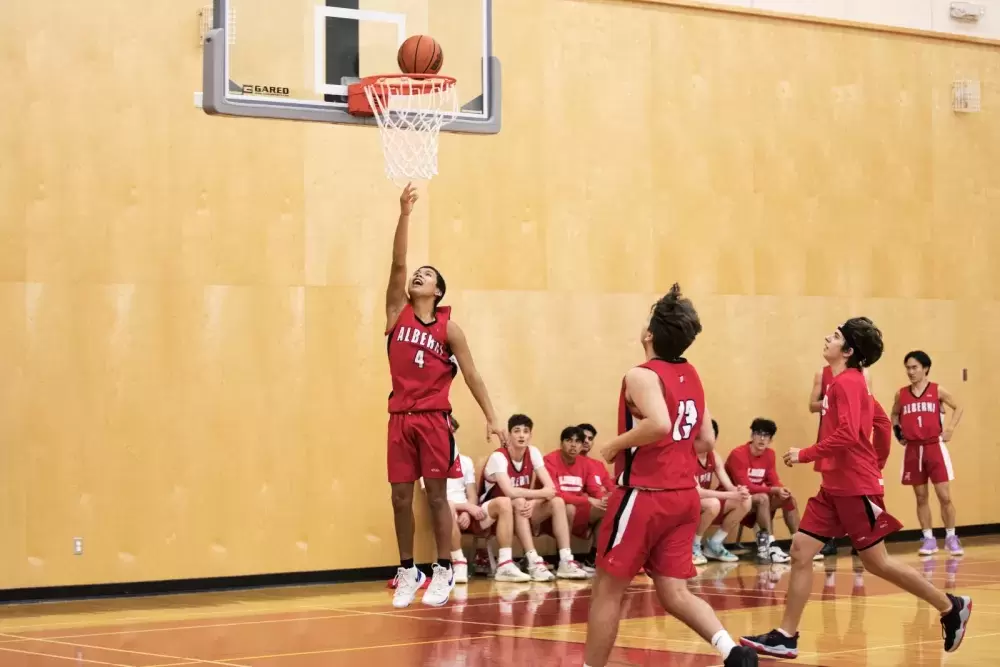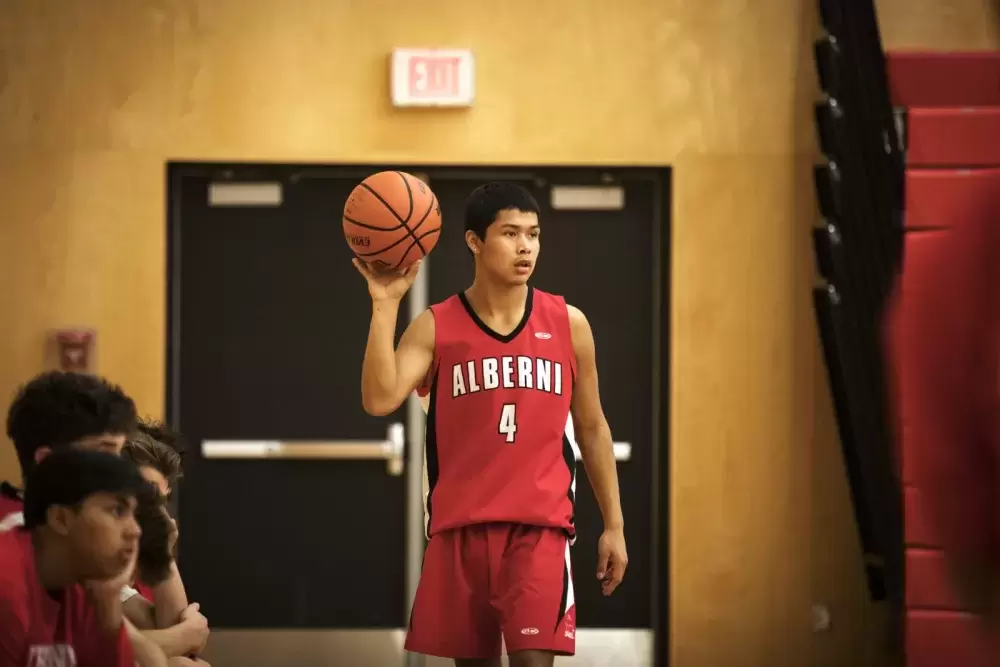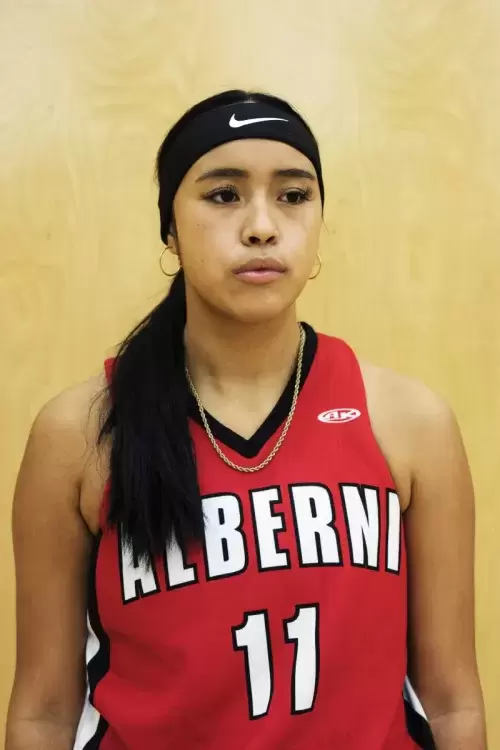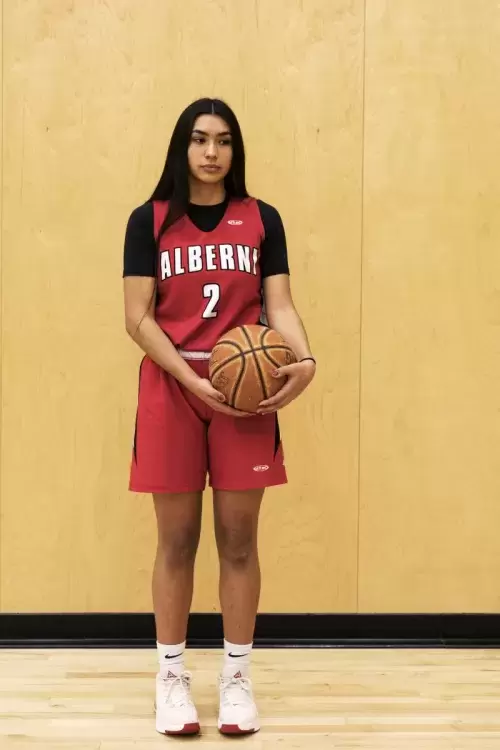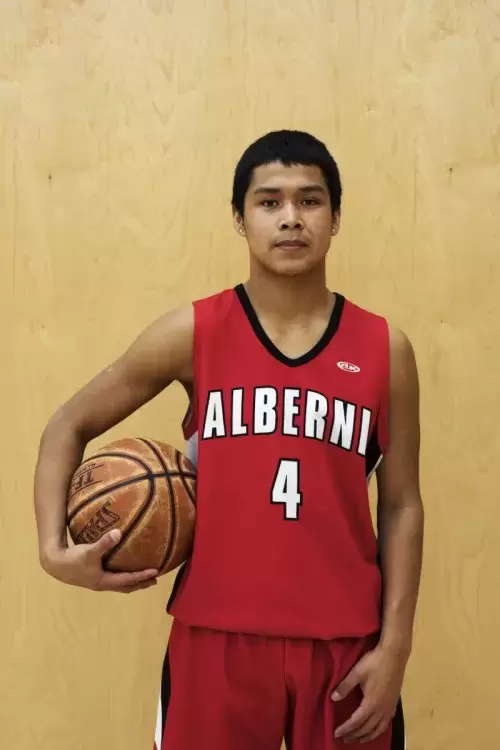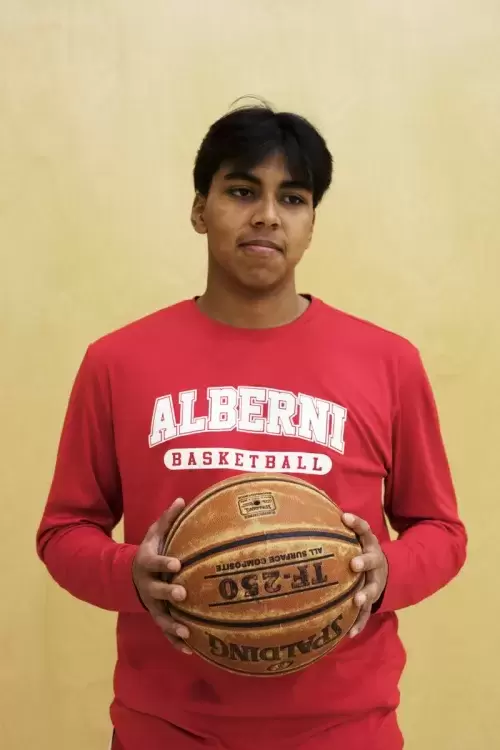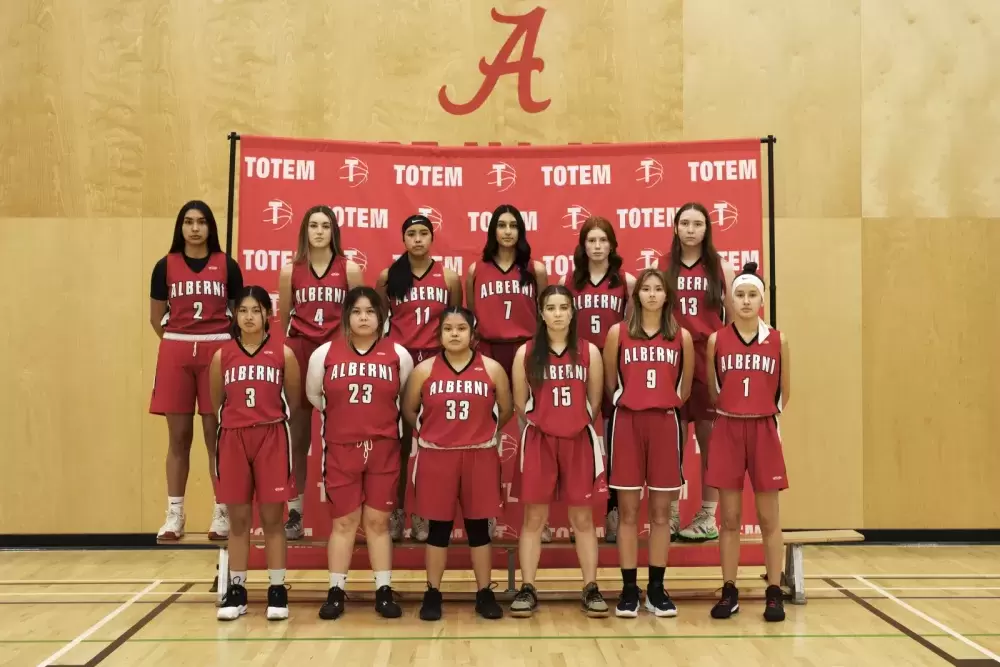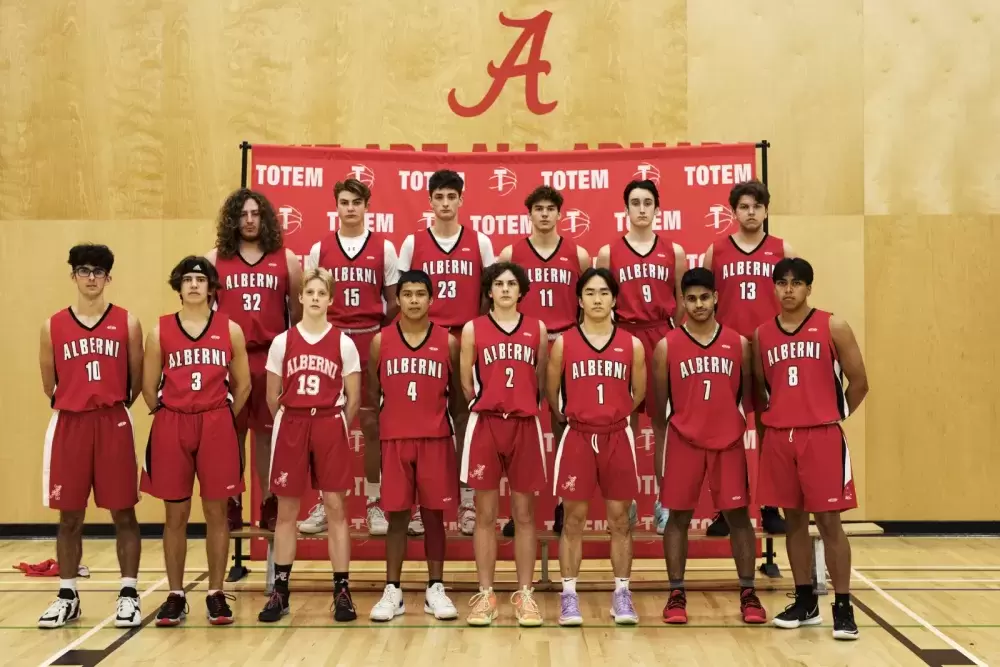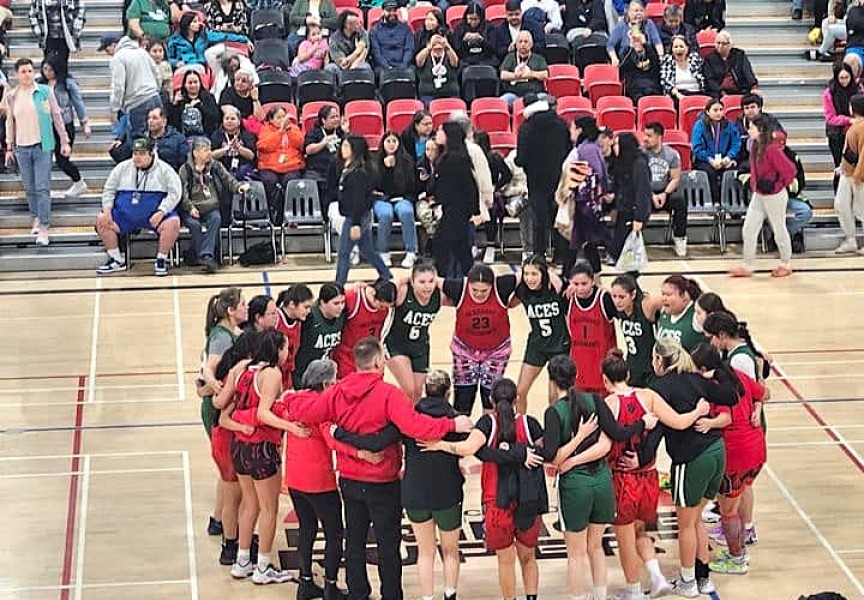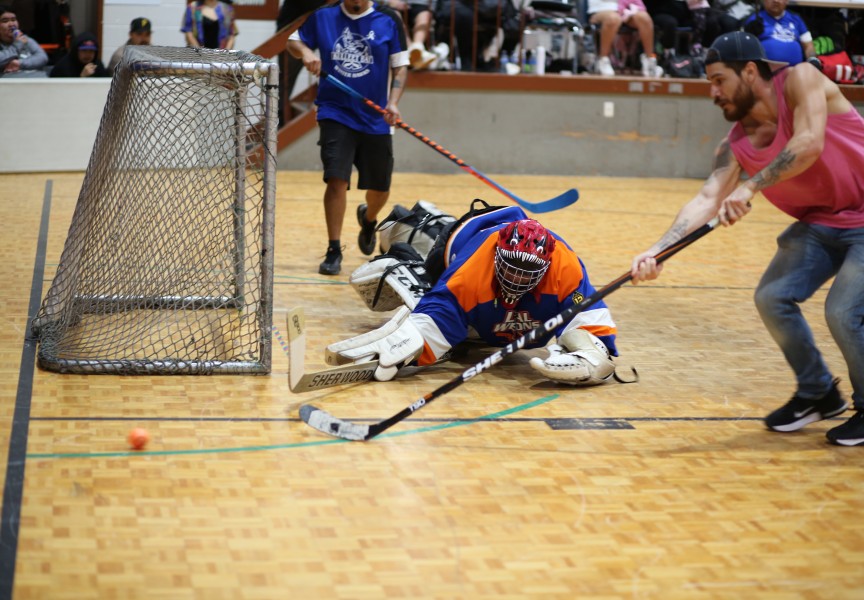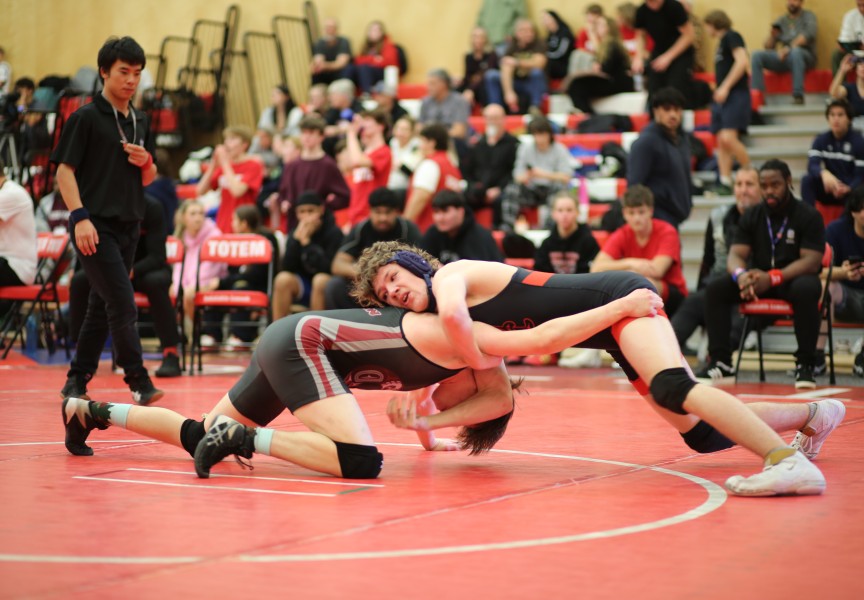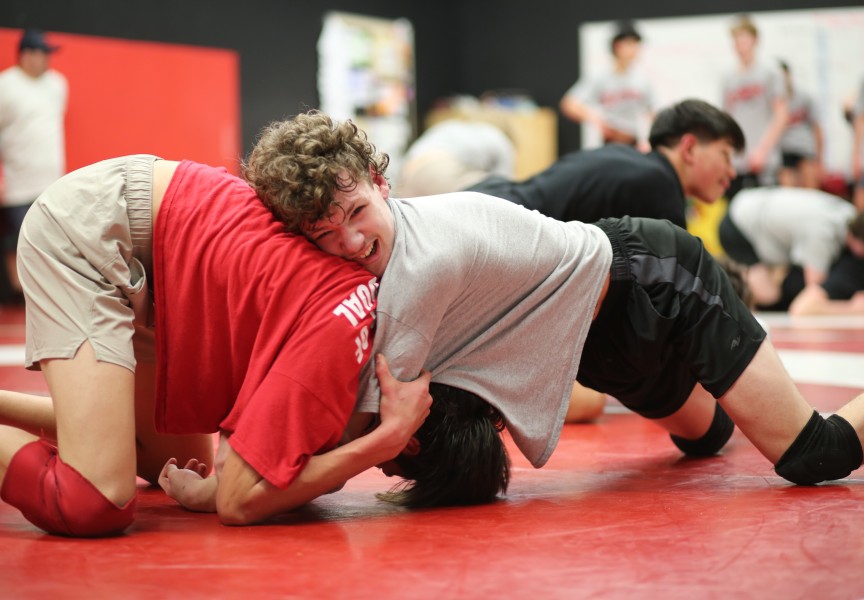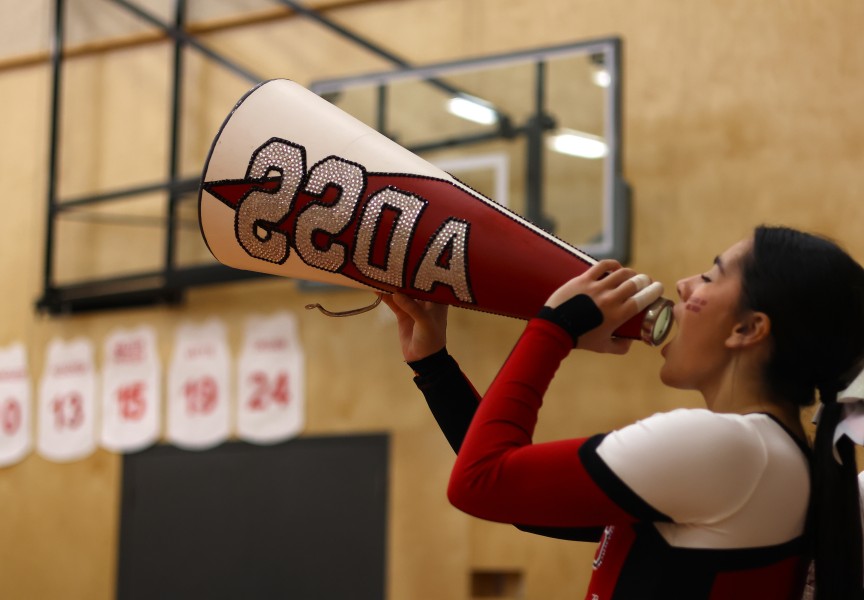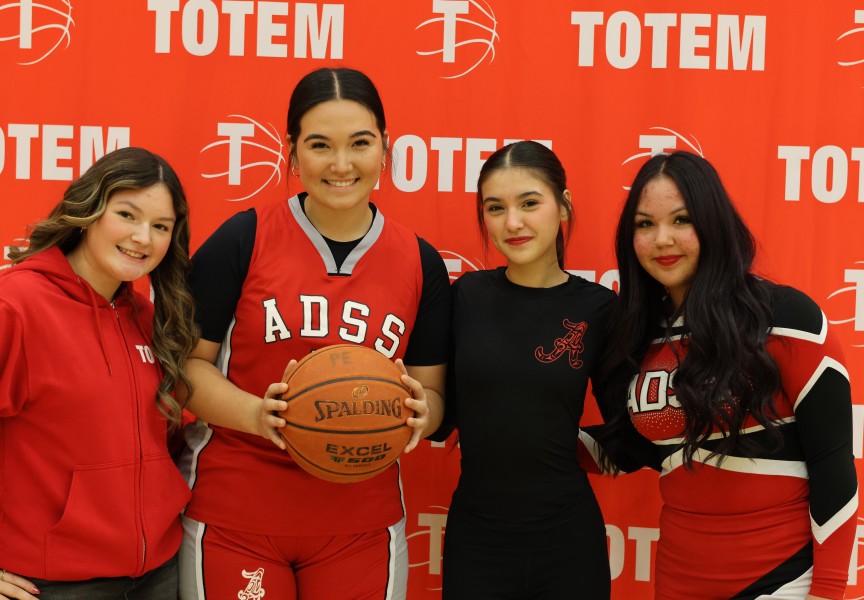For Jenelle Johnson-Sabbas, basketball is like an escape. From the moment she steps onto the court, everything around her disappears.
“It’s just me and the ball,” she said.
The 17-year old has been around the game her whole life. Her mother played when she was in high school, as did her father.
At home, “it’s just non-stop basketball,” she said.
Perhaps then, it comes as no surprise that Johnson-Sabbas is helping to lead the Alberni District Secondary School (ADSS) Senior Girls basketball team into this year’s Totem tournament as the assistant captain.
It’s the first year Johnson-Sabbas will be competing in the longest-running high school basketball tournament in the province, which is anticipated to draw a crowd of 500 people.
While the Huu-ay-aht First Nations teenager said she feels “a little” nervous, she’s mostly just excited.
“Being in the crowd while cheering for the other teams, and playing against the other teams while the crowd is cheering for you is a crazy thing,” she said. “It’s a really good thing to experience.”
After a one-year hiatus due to COVID-19, the 66th annual Totem tournament is being held at ADSS and the Alberni Athletic Hall from January 6 to 8.
Launched in 1955 as a boy’s tournament, Totem expanded to include female teams in 2011.
Now, eight boys and eight girls’ teams from around the province annually compete for the title.
Greg Freethy has been helping to organize the event as tournament director for the past 12 years.
Throughout that time, Freethy said he's travelled across the province to attend basketball tournaments, but has never found anything quite like Totem.
“It’s hard to put into words,” he said. “There's a lot of energy and enthusiasm not only from the student body, but the community.”
Because the tournament has been around for over half a century, Freethy said older generations are able to relive their high school basketball memories.
“It’s intergenerational,” he said. “It feels like everyone has a connection to it.”
Growing up in Pachena Bay, Natalie Clappis said she always had an interest in basketball but that there wasn’t any opportunity to play competitively.
That changed when she moved to Port Alberni to attend junior high four years ago and was encouraged to play by her sister, Johnson-Sabbas.
“She always told me she thought I'd be really good at it,” described Clappis. “And watching her play, it just seemed really fun – the environment seemed amazing.”
Now, the 16-year-old will be competing in Totem as part of the Senior Girls team alongside her sister.
“I’m pretty nervous,” she said. “But I’m really excited.”
Hearing cheers from the crowd and being able to support her teammates by cheering them on is a “rush,” said Clappis.
“I just love the sport,” she said. “[Totem] is an opportunity to have fun and do what I love the most.”
Dennis Bill has been the assistant coach for the Senior Girls team for the past five years. Although he hasn’t played basketball since he was in junior high, the Tseshaht First Nation man said he has vivid memories from that time in his life.
“I remember my experiences as an athlete and remember how much fun it was,” he said. “I just want to make sure that other students get the opportunity to experience that.”
Basketball is widely loved among Nuu-chah-nulth communities, many of which are located in remote regions on Vancouver Island. In part, Bill said, its popularity is driven by its accessibility.
“All you need is a ball and some space and you can play anywhere,” he said. “We have good facilities within our territories, so there's lots of gyms that are available where athletes can go play.”
As a coach, Bill said he’s not only trying to encourage the players to become better athletes, but to become better community members.
“We teach them about good sportsmanship,” he said. “We talk about making good decisions in life and how the decisions they make now can affect them in the bigger picture. It’s really neat to see them grow.”
For many kids, Johnson-Sabbas said that basketball is like an “escape route” from their “troubled homes.”
Instead of turning to substances, like alcohol, Johnson-Sabbas said “they have a sport to go to.”
Basketball offers a space for her community to “thrive,” she said.
Johnson-Sabbas has dreams of continuing on to play university basketball while studying child and youth care next year.
“Even if it’s as a first-year bench player,” she said. “I just want to be there to learn from it and grow from my experiences.”

